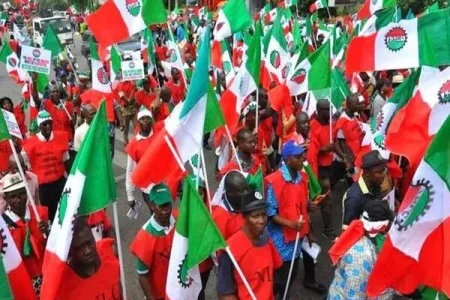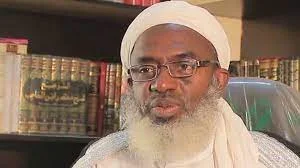
The Nigeria Labour Congress (NLC) has accused the International Monetary Fund (IMF) and World Bank of driving Nigeria's economic hardships, blaming their policy recommendations for the country’s financial struggles. NLC President Joel Ajaero calls for IMF and World Bank to end their influence over Nigeria’s economic decisions, emphasizing national sovereignty.
The Nigeria Labour Congress (NLC) has placed blame on the International Monetary Fund (IMF) and the World Bank for Nigeria’s ongoing economic difficulties, citing these institutions' longstanding recommendations for policies that it describes as harmful. In a statement, NLC President Joel Ajaero criticized the IMF for denying its involvement in Nigeria’s recent subsidy removal, calling the denial “cynical.” Ajaero contended that IMF and World Bank’s policy suggestions—presented as economic growth strategies—often lead to increased hardship in developing nations, particularly Nigeria.
Ajaero emphasized that IMF and World Bank advisories have historically pressured Nigeria into implementing austerity measures, which he claims have contributed to inflation and increased living costs, further straining citizens. He called for these institutions to "remove their knees from our necks," suggesting that the IMF's influence on Nigeria’s policy decisions has been significant and damaging.
The IMF recently described Nigeria’s subsidy removal as a “domestic decision,” but Ajaero argued this narrative is an attempt to evade accountability for policies that have burdened Nigerian citizens. The NLC urged Nigeria to reclaim its economic sovereignty, suggesting that policies prioritize growth and social welfare rather than austerity measures that disproportionately affect the nation’s vulnerable.




